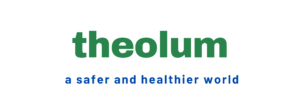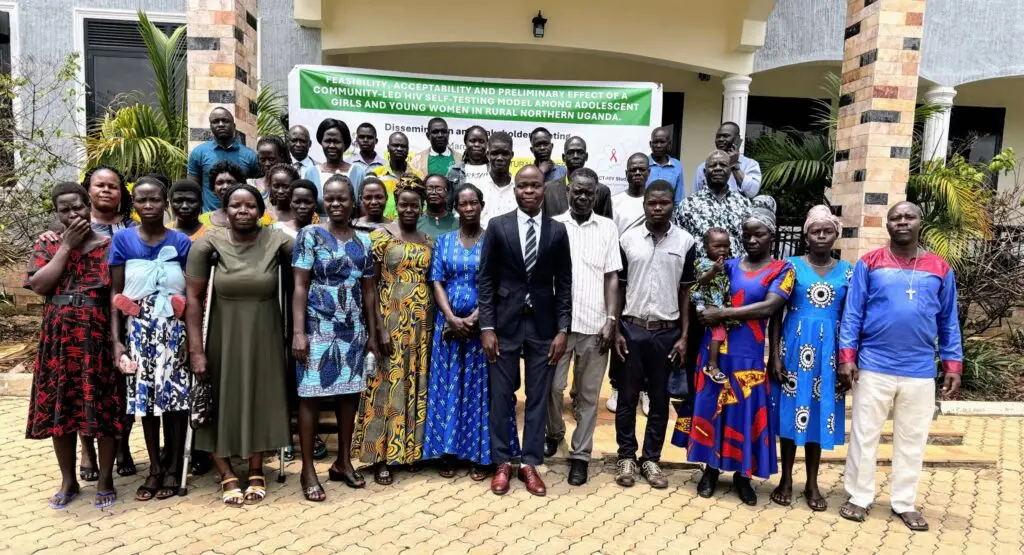
“Health workers tell us that it [HIV/AIDS] cannot be transmitted through the saliva, but you are now telling us that we can use the same saliva to test for HIV/AIDS. It does not add up!”
Last month marked a significant milestone for our ongoing FACT-HIV study. On March 20, 2025, we held a dissemination and stakeholder meeting to share findings from our baseline survey, validate those findings, propose a way forward, and listen to inputs from the participants.
FACT-HIV, supported by the Gilead Research Scholars Program, aims to create a community-led HIV self-testing model specifically designed to address the barriers faced by this vulnerable group1.
Why This Matters
In Northern Uganda, 1 in 10 young women is living with HIV 2, yet many don’t believe they are at risk. Social stigma, lack of privacy, and long distances to health facilities make it hard for them to get tested.
Over recent months, our team has been actively listening to the community. We surveyed over 400 girls and young women and held discussions with their parents, spouses, local council leaders, and community health workers.
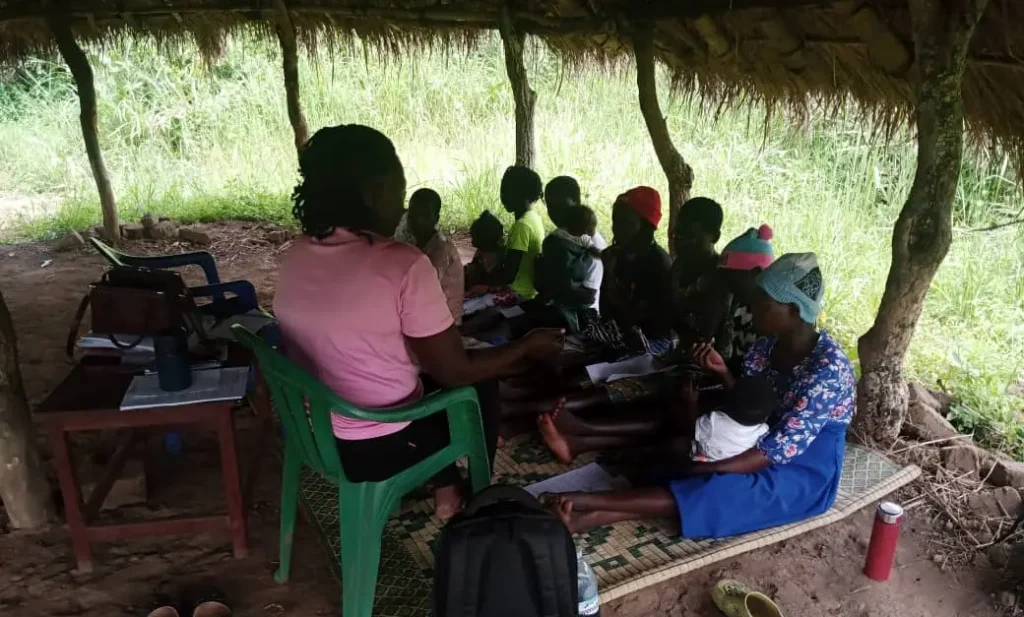
What We Found
While awareness of HIV self-testing was low, support was very high. Over 90% of young women said they liked the idea of testing themselves at home. They valued privacy, the freedom to test on their own terms, and the ability to take charge of their health without judgment.
“If the self-test kit is in the community, I can walk there and test myself.”
"When I do it at home, no one will know—and people won’t talk about me.”
But serious concerns also emerged. Many feared the emotional toll of testing positive without support. Others doubted the accuracy of test kits or worried about stigma if someone saw them carrying one.
"Self-testing is good but if your heart is not strong, you can even commit suicide."
What the Community is Doing
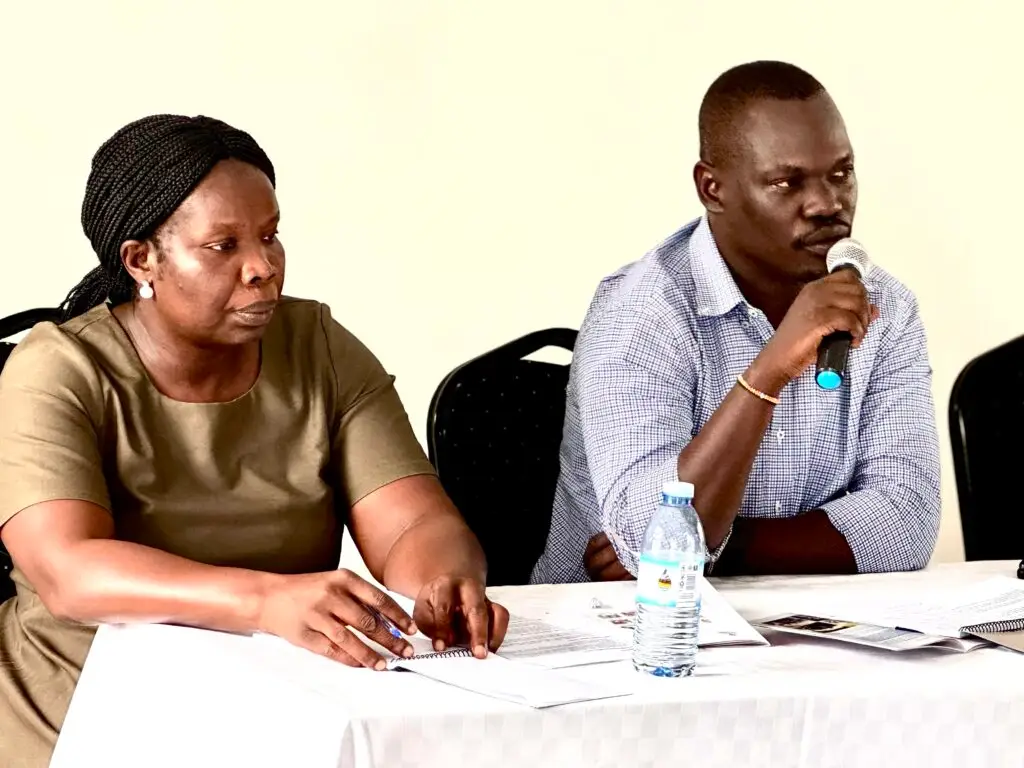
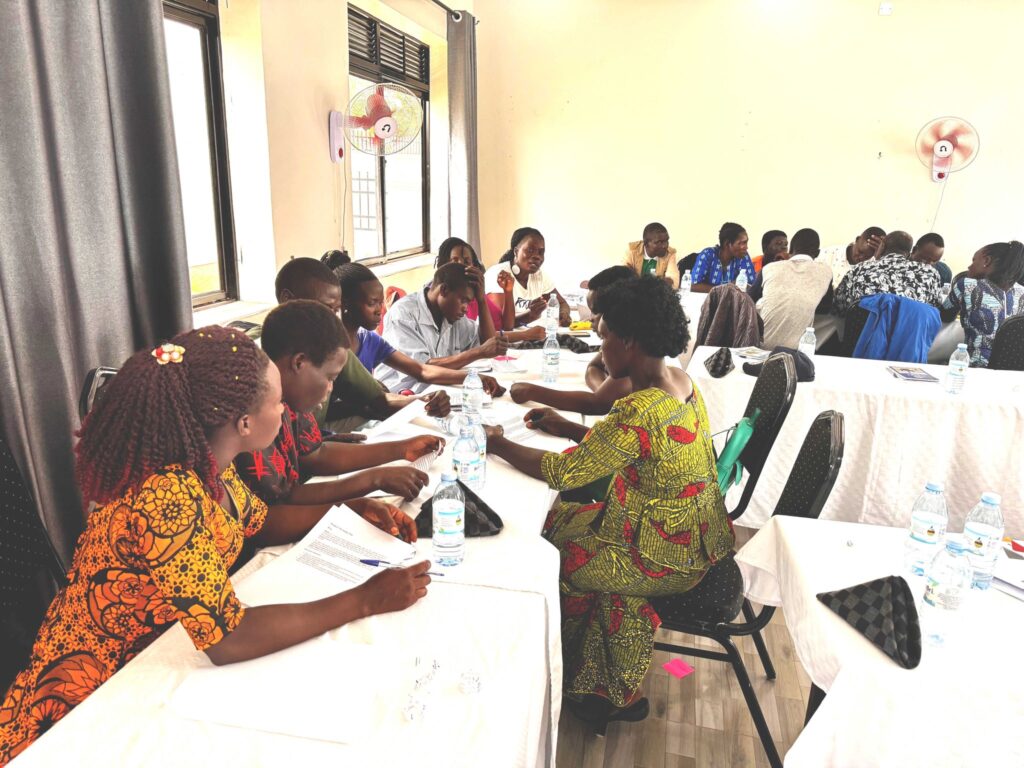
In response, our team brought together over 30 stakeholders, from district health officials and religious leaders to parents and youth, for a community dialogue. Together, we developed and refined local solutions:
- The district officials pledged to advocate for including HIV self-testing kits in the district budget.
- Community leaders suggested using existing local structures to distribute kits conveniently and discreetly.
- Community health workers enthusiastically offered to lead education and counseling, ensuring young women feel supported emotionally and psychologically, especially after a positive test result.
"The best thing we can do is mobilize and give them information. We know how to talk to our people best.”
What Next
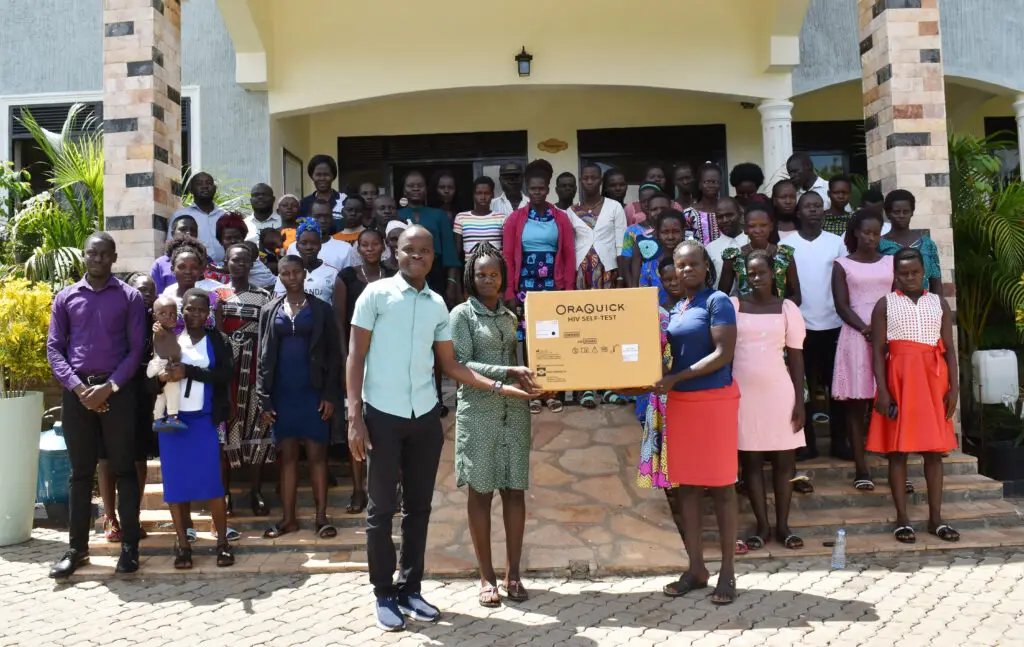
As a young researcher, this meeting was one of my most enlightening experiences. It reinforced a powerful truth that communities already hold the keys to solving their health challenges. By involving community members from planning to implementation, we ensure it is a sustainable and impactful model truly led by those it serves.
We are excitedly preparing for the next stage, implementing this community-driven approach. Our goal remains clear: to empower adolescent girls and young women in Omoro to confidently understand and manage their HIV status.
I am very grateful to our study coordinator, Morrish Okello Obol, and the research assistants – Pamella Auma, Irene Anek, Sharon Alum, Susan Palma Anek, Ivan Okwir, Comfort Paculal, and Donald Otika, whose dedication and hard work were instrumental to this study. We also appreciate the invaluable support the Omoro District Health Office and the Makerere University Grants Management Office provided throughout the research process. Finally, my gratitude to Gilead Research Scholars Program for supporting this work and my mentors – Prof. Philippa Musoke, Prof. Elvin Geng, and Dr. Freddy Kitutu, for their guidance.
References
- Olum, R., Geng, E. H., Kitutu, F. E., & Musoke, P. M. (2024). Feasibility, acceptability and preliminary effect of a community-led HIV self-testing model among adolescent girls and young women in Rural Northern Uganda: a quasi-experimental study protocol. Implementation Science Communications, 5(1), 56. https://doi.org/10.1186/s43058-024-00596-7
- Muyinda, H., Jongbloed, K., Zamar, D. S., Malamba, S. S., Ogwang, M. D., Katamba, A., Oneka, A., Atim, S., Odongpiny, T. O., Sewankambo, N. K., Schechter, M. T., & Spittal, P. M. (2023). Cango Lyec (Healing the Elephant): HIV Prevalence and Vulnerabilities Among Adolescent Girls and Young Women in Postconflict Northern Uganda. Journal of Acquired Immune Deficiency Syndromes, 94(2), 95–106. https://doi.org/10.1097/QAI.0000000000003234

